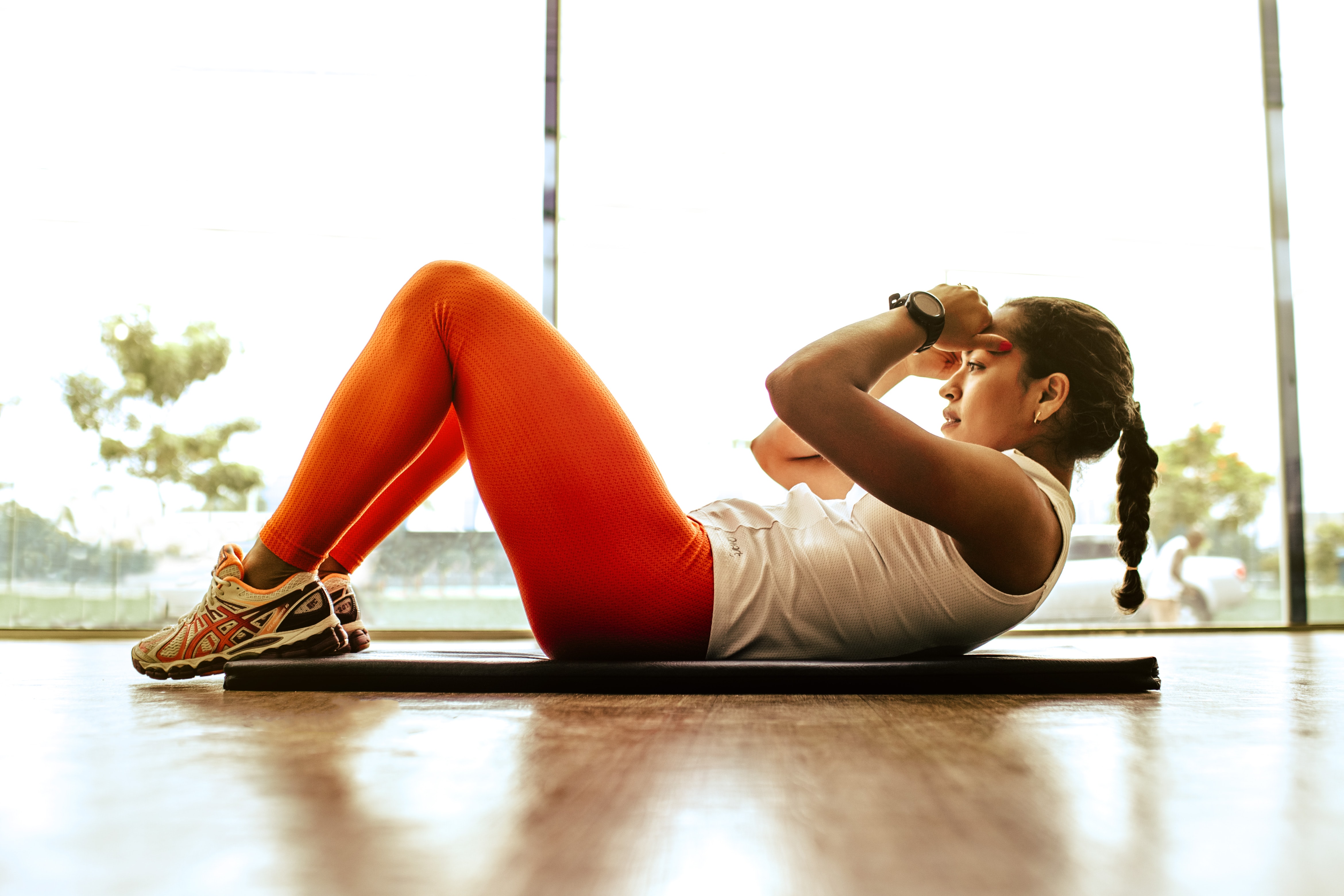Staying fit and healthy, or even losing weight, during Ramadan is a difficult thing to do. And let’s be honest, Ramadan is often spent sleeping, watching series and eating. We go from iftar to desserts to suhoor. Similarly, we go from the dinner table to the couch and to bed.
But there’s no reason to assume that we can’t stay fit and healthy during Ramadan too.
What To Eat & What To Avoid Eating

It goes without saying that we do eat a lot of fried foods and relatively unhealthy (but delicious) desserts during this month. However, what you put in your stomach is the first step to staying healthy during Ramadan. Let’s start by saying that nothing works without water; from iftar to suhoor, make sure you’re drinking the same amount of water you would drink on any other day.
For a start, every meal should have some kind of protein. According to UPFitness, protein helps build muscles and helps the growth of skin and hair. In Ramadan specifically it’s important to note that fasting for long hours can cause muscle protein loss. And if you’re still going to be doing sports and training, you’d need a healthy amount of protein during iftar.
Another thing you need is fats. And no, we are not saying that you eat an endless amount of fatayer and sambousek; however, fats are a major source of energy during Ramadan. The trick is to stick with healthy fats such as those in nuts, eggs, coconut oil, butter and avocados.
Just like any other meal of the day, carbohydrates are crucial too. Perhaps it would be okay to cut the amount of rice or pasta intake if it wasn’t Ramadan. But since you’ve been fasting all day, it’s best to eat well – meaning, do not leave the table on an empty stomach. Starving oneself was never the answer. On another note, consider cutting the amount of carbs and increasing the amount of vegetables on your plate. That would be fair enough.
Overall, this needed to be divided across iftar and suhoor. It’s best to keep light foods for suhoor because sleeping on a full stomach is never advisable.
Exercise?

Light exercising
There is a reason for the question mark after the word ‘exercise’. While yes, it is healthy to exercise every day, it is definitely not advisable to be doing heavy workout sessions without being able to drink water. In Egypt, people in Ramadan are relatively divided into two types: those who walk half an hour before Iftar and those who walk after Iftar (by 8 or 9pm).
If you insist on training before iftar, it is best to take it easy with the workout. Personal comment: I’d recommend yoga because it is both relaxing and helps you stay fit. Arab News wrote an article titled “How to exercise while fasting during Ramadan” and it divides working out into two categories: pre and post iftar. “If you want to do some cardio during the day, a walk just before iftar is a good option to safely burn some calories,” they wrote.
Meanwhile working out post iftar would be just like working out on any other day. Note that it is still unhealthy to finish eating and immediately proceed to your fitness/workout routine. Keeping Ramadan aside, many health and wellness websites advise against doing sports right after eating.
Livestrong Magazine wrote that exercising on a full stomach makes it harder to perform. They wrote, “exercising on a full stomach can make you feel just plain sick. Eating a large amount of food before exercising can cause stomach pain and cramps. It may even lead to nausea and diarrhea”.
Overall, Ramadan is arguably difficult and there is no reason to make it harder on yourself. Eat well and exercise well. Moderation is always the key to living a healthy lifestyle. And don’t forget to enjoy your special Ramadan desserts at moderation too!



























